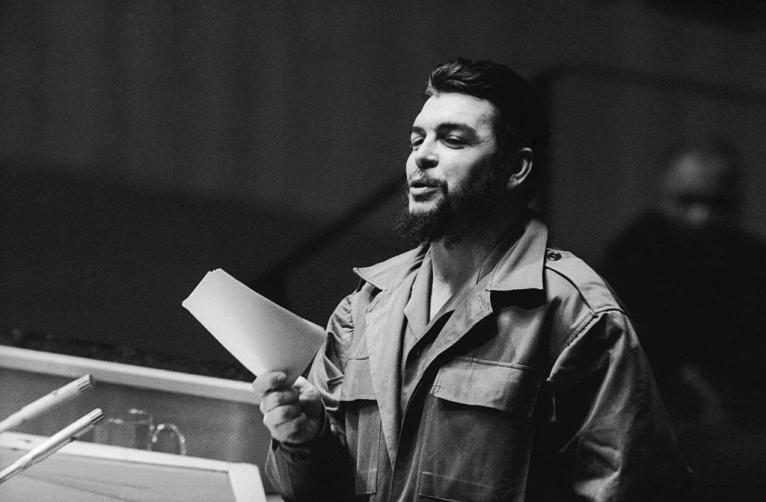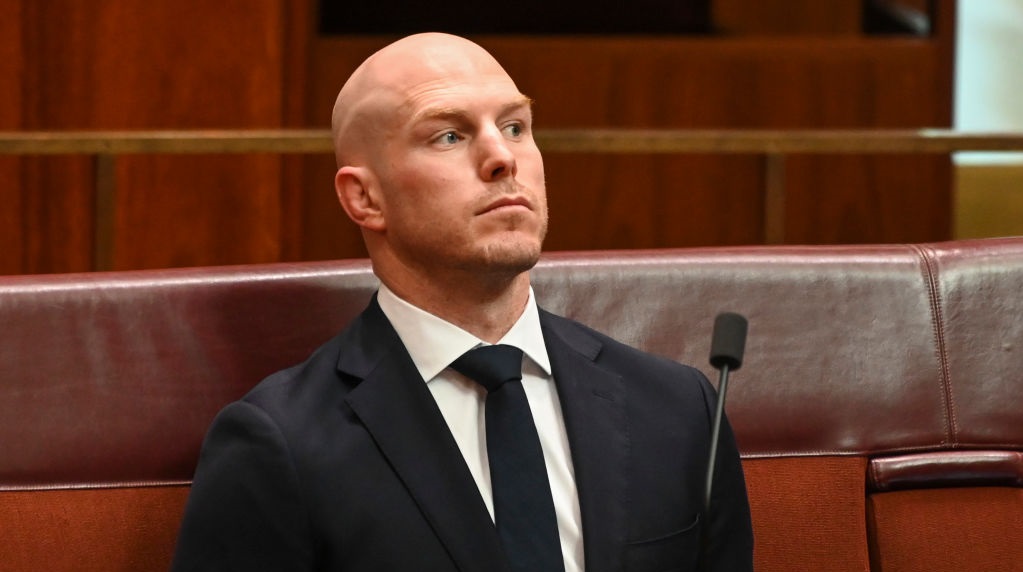Fifteen politicians who swapped rugby for public affairs

Residents of England, Scotland, Northern Ireland, and Wales head to the polls on Thursday for a general election, while France held the first round of its elections last weekend.
Here, RugbyPass looks at 15 former rugby players who have gone into politics.
Pat Munro
Oxford University and London Scottish half-back who served in the Sudan Political Service and was governor of Dafer Province, won 13 caps, several as captain between 1905 and 1911, and was the 59th President of the SRU. He became Conservative MP for Llandaff, and Barry collapsed and died, aged 58, on a Home Guard training exercise in the Liberal Whips Office at the Palace of Westminster in May 1942.
Gordon Waddell
Scotland and Lions fly-half played for Oxford University, Devonport Service, the Royal Navy and the Barbarians, winning 18 test caps. A successful businessman who was a director of many companies, including Cadbury Schweppes and the Fairway Group. He was elected to the South African Parliament in April 1974, representing the Progressive Party.
Derek Wyatt
Oxford University, Bedford and England winger who won his only cap as a replacement for David Duckham against Scotland at Murrayfield in 1976. A prolific try scorer who helped Bedford win the RFU Knockout Cup in 1975 was a teacher and worked in publishing before becoming the Labour Party MP for Sittingbourne & Sheppey in 1997 until standing down in 2010.
John Bannerman
Glasgow HSFP, Glasgow University, Oxford University and Scotland prop and then a lock. He won 37 caps and was Scotland’s most-capped player until Hugh McLeod broke his record in 1962. The 68th president of the SRU was a farm manager, then a farmer who was made a life Liberal peer in 1967 as Lord Bannerman of Kildonan after eight unsuccessful attempts to win election to Parliament.
Tonia Antoniazzi
Benetton Treviso and Wales prop who played in the first Women’s World Cup in 1998, and her brother Julian was a Wales Schools international. A teacher in Wigan and then Head of Modern Languages at Ysol Bryngwyn in Llanelli. In June 2017, she became Gower’s first female MP and is hoping to defend her seat on Thursday.
Che Guevara
Better known as an Argentine Marxist revolutionary, he started playing rugby as a schoolboy in Cordoba and played scrum-half for Estudiantes of Córdoba, San Isidro Club, Yporá Rugby Club, and Atalaya Polo Club. In 1951, he launched a rugby magazine, Tackle. Guevara became the Minister of Industries of Cuba between 1961 and 1965 and was executed in October 1967 after being captured in Santa Cruz, Bolivia, during an attempt to overthrow the Bolivian government.

Éamon de Valera
Dev was a noted rugby player in his school days, playing in the three-quarters and helping Rockwell College to the Munster Cup Final, which earned a trial with Munster out of position at full-back. It is said that he was under consideration for an Irish cap despite being sentenced to death by a British Court Martial for his part in the Easter uprising after leaving his job as a mathematics professor to become Taoiseach and President of Ireland.
Bill Clinton
After graduating from Georgetown in 1968, the 42nd President of the United States of America won a Rhodes Scholarship to University College, Oxford, and despite never showing much athletic ability, writing to a friend, he was getting into physical shape by playing basketball and rugby. “These British rugby players are pretty tough. I have already suffered a cut over the left eye, and if I play much more, I’m liable to get hurt so bad I’ll flunk my draft physical.”
George W Bush
The 43rd President of the United States of America was a keen rugby player during high school and at Yale University. He played full-back alongside mainly international students, and according to one former team-mate, “What’s interesting was that he was a good enough athlete that he could play a skill position in rugby with relatively little experience. He had running skills, tackling skills, and especially kicking skills.”
David Pocock
A back-rower whose family moved to Australia in the wake of Robert Mugabe land reforms in Zimbabwe won 78 Wallaby caps playing for the Brumbies, the Western Force and Panasonic Wild Knights who retired in October 2020 to become a conservationist and social justice advocate. In 2022, he was elected as an Independent Senator for the Australian Capital Territory and is an Independent ACT Whip.
Amédée Domenech
A prop who won over 50 test caps and helped Brive, whose ground is named in his honour to win promotion to the Top 14, nicknamed Le Duc (the Duke), he became a successful actor and businessman with interests including a restaurant and real estate. He was a regional president for the Radical Party and was a conseiller municipal in Brive-la-Gaillarde and Paris, and served in the cabinet of Edgar Faure when he was French Prime Minister.
Chris Laidlaw
A half-back who played for Cambridge University, Otago, and Canterbury, winning 20 All Black caps, he was the labour member for Wellington Central in the New Zealand Parliament and later served as chairman of the Wellington Regional Council. He has also been New Zealand’s first resident High Commissioner to Harare.
Wavell Wakefield
The poster boy of English rugby in the 1920s was a Harlequins stalwart for a decade and helped England win three Grand Slam crowns. A successive businessman founding the Rediffusion Group, he was the Conservative MP for Swindon and, after retiring from Parliament in 1964, was handed a life peerage and was made the 1st Baron Wakefield of Kendal.
Gerry McLoughlin
An Ireland prop who toured with the Lions was elected to Limerick City Council as an independent in 2004 before joining the Labour Party two years later and was named mayor of Limerick in 2012. His daughter Orla has also served on Limerick City Council.
Oleksiy Tsybko
He made 40 appearances for the Ukraine from 1991 until 2003 founding a club in Smila where he served as mayor. He was also President of the Ukrainian Rugby Union but was killed in March 2022 during the Russian invasion of Bucha.

























































































Also, rugby league international Keith Mason is standing in the UK General election for the Workers Party.